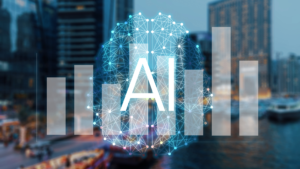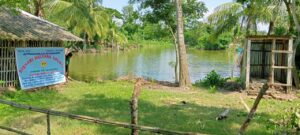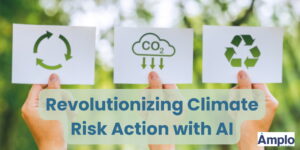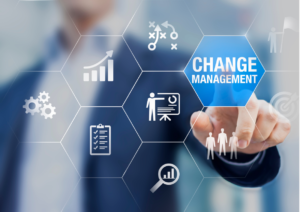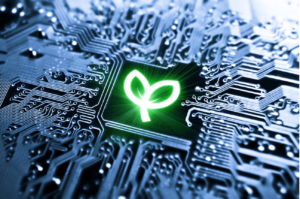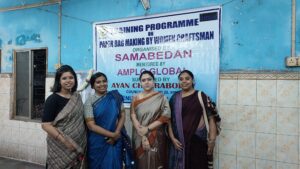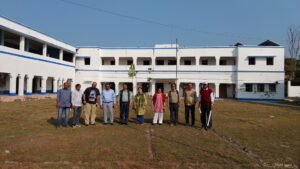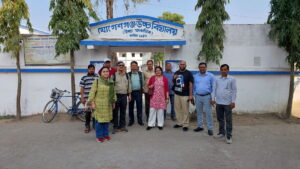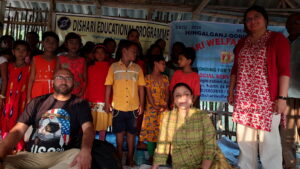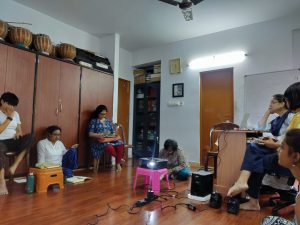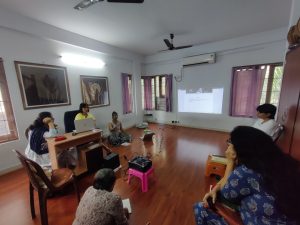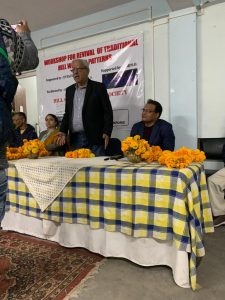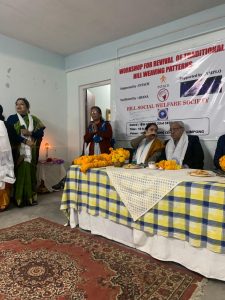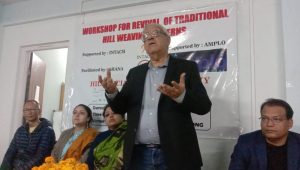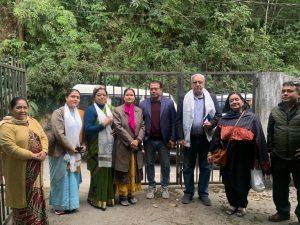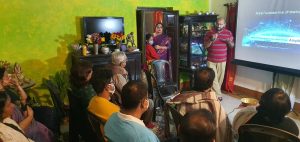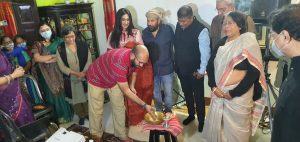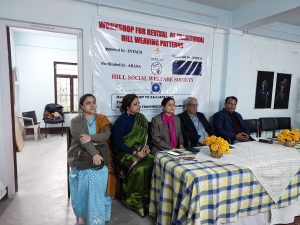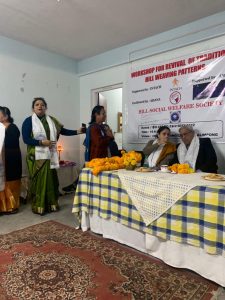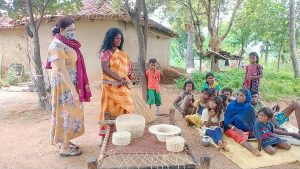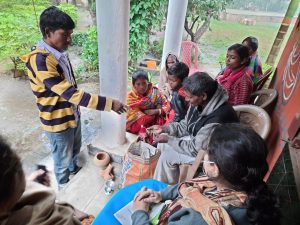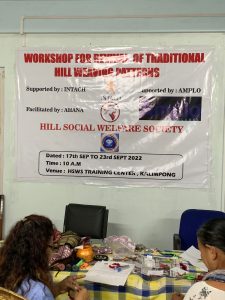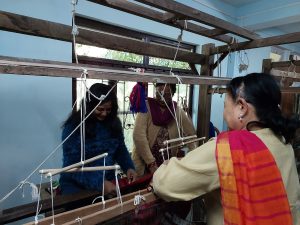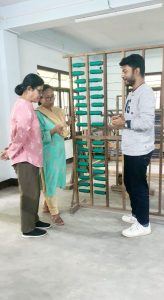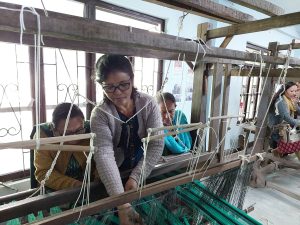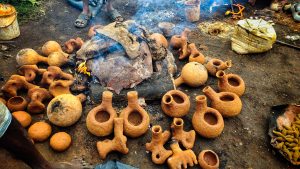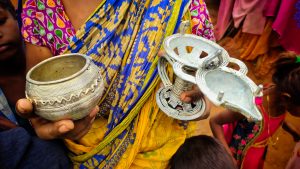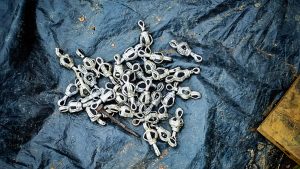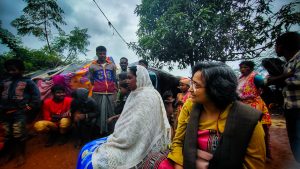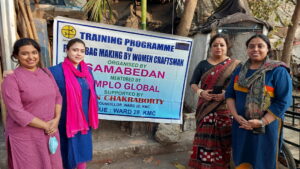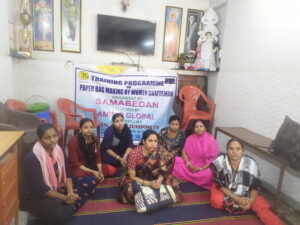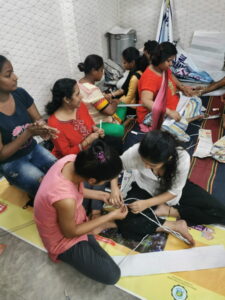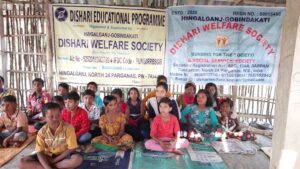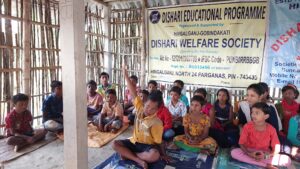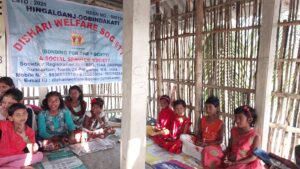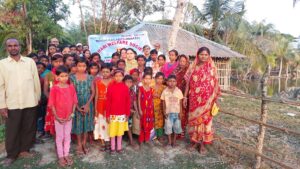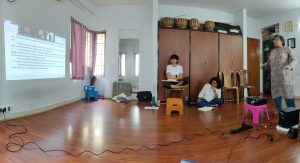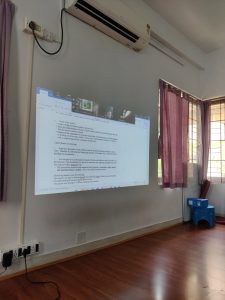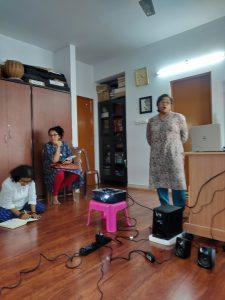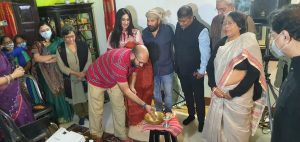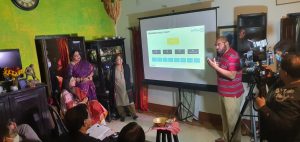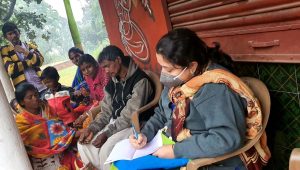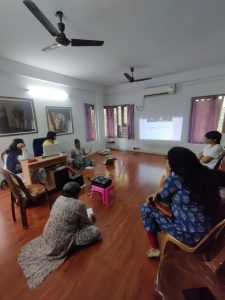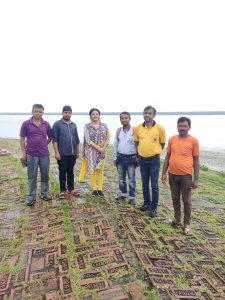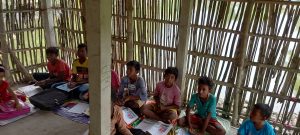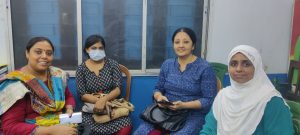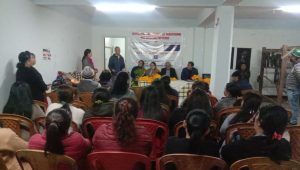The adoption of Electric Vehicles (EVs) has been increasing over the past few years with the objective of decarbonizing the transport sector. However, simply adopting EVs is not the panacea it may seem to be. The challenge lies in the process of decarbonizing the generation of electricity which these EVs use. The biggest challenge lies in decarbonizing the battery production and recycling process and making it sustainable.
The need for ever increasing raw materials, manufacturing of new batteries and growing recycling is obviously not going to be sustainable in the long run. Therefore attaining 100% circularity in the EV battery ecosystem is the next frontier in sustainability.
EV Battery Circularity
True circularity aims to reduce the carbon footprint, minimizing waste by reuse or recycling and resulting in cost saving as a bonus. The ideal scenario would involve a closed loop where there is no need for new resources as they can all be replenished from existing sources or by recycling. When full circularity is achieved, it will be sustainable. Attaining full sustainability is a progressive process and will take several years to attain. However, being able to achieve total sustainability will take us to a new frontier.
Supply chain
The process of mining Lithium, Cobalt and other materials required for manufacturing EV batteries is a dirty process. The mining operation itself spews PM2.5 into the atmosphere, degrading the natural environment. Transportation to refining facilities, the refining process itself and packaging for further transport to battery manufacturing facilities is completely unsustainable. It relies heavily on fossil fuels, and fresh water. Unless the supply chain can be cleaned up, this whole thing is going to blow up in our faces. It’s a disaster waiting to happen.
Raw Material Supplies
Supply of raw materials is the most significant challenge for EV battery manufacturers. Materials used in EV batteries must be of high quality, safe, as well as cost-effective. The lack of reliable and sufficient raw material sources can result in supply chain risks such as price fluctuation and inventory management.
Carbon Footprint of Materials and Manufacturing
This aspect is another important consideration in determining the battery supply chain. Recycling also has its own set of perils, including damage and depreciation to the equipment, cost of removing contaminants from recycled materials and processing costs associated with recycling facilities. The entire process can be very expensive–and sometimes impossible! On top of it is the cost to the environment. Manufacturing batteries and obtaining raw materials is a complex and often toxic process. At any point a leakage into the environment can have disastrous effects.
Manufacturing & Operations
The sustainability of large-scale battery production has been hotly debated
There are many factors that make the recycling process difficult and complex, including:
- The size and weight of batteries.
- Non-Standardization of batteries between vehicles
- Varying types of Charging equipment needs for various types of batteries.
- Varying Storage capacity.
- The energy required for recycling and procedures for safe disposal.
To address these challenges, manufacturers have developed recycling programs that allow consumers and businesses to send back used batteries for proper disposal and recycling. These programs are available in many countries around the world. While these open up a new business opportunity, it comes with several extreme challenges.
Each of these challenges must be addressed individually. Every aspect is a step towards attaining sustainability and a misstep anywhere can completely dismantle the objective of achieving sustainability.
Marketing & Sales
Battery marketing and sales activities have to be in tune with achieving sustainability goals. These kinds of strategies are already in place in the soft drinks (soda) industry. Something similar may be developed for the EV battery industry.
In the United States, for example, battery manufacturers have teamed up with retailers and distributors to create a program called Call2Recycle. This program allows consumers to bring their used batteries (including car batteries) to one of over 3,000 drop-off locations around the country. The batteries are then recycled in an environmentally friendly manner. In addition, many states have laws that require businesses that sell batteries to offer recycling programs as well.
Sustainable R&D and Product Development
Recycling and Recyclability
Since EV batteries are made with materials that only store energy, they aren’t easily recycled. Some of the materials have extreme corrosive properties, are highly toxic and require special equipment to be put back into use. Extensive R&D is required to simulate and determine the carbon footprint as well as the environmental cost, financial cost and sustainability of each individual aspect of the recycling process. In this case trial and error is not an option as the cost of errors is just too great to bear.
The R&D needs to be focused on sustainability and sustainability alone, because this is the one thing that will make or break the EV as a plausible alternative.
Sustainability must be introduced into the entire battery manufacturing method, right from the get-go. Designing batteries to be interchangeable between vehicles, developing protocols like the ones in place in the consumer batteries sector and such will eventually lead to sustainability. Extensive R&D is required to determine the path forward and to facilitate adoption of these protocols. Product development must be done keeping sustainability in the forefront. As we understand, sustainability is key to the entire concept of EVs being a viable alternative at all.
Mobility services and vehicles
An innovative experiment has been underway in lots of different cities across the world. This is a model where mobility is a service. People do not buy their personal vehicles anymore but use Electric vehicles as a rental service. This is a possible means to achieve sustainability, however, what remains to be seen is the success of this approach, as vehicle ownership comes with its own set of conveniences and is something people have been used to for decades. Vehicle ownership has become a habit that is hard to break. Mobility as a service may be a good idea, if it happens to become mainstream.
In this model, vehicles are standardized, with very few variations among them. This is a great step towards achieving battery circularity and sustainability. However, challenges remain as various variables such as reliability, availability, personal preferences etc. will determine if this model is widely adopted by people.
A) Role of Technology
Mitigation through Tech
Technologies such as AI/ ML and Data Design and Analysis can address most of these challenges by analyzing the supply chain. Data on the availability and supply of raw materials, inventory of components, various battery types, their capacities, recyclability etc. can eliminate costs and risks. Risk simulation of methods and strategies can give manufacturers a heads-up and identify potential pitfalls in meeting their KPIs. Amplo Global is at the forefront of these technologies, helping businesses assess their challenges and finding ways to meet them with the help of Artificial Intelligence and Machine Learning. Every business has its own unique challenges and Amplo Global is the perfect consultant to mitigate those challenges.
The future of the EV battery industry is fraught with challenges. Finding the most efficient and effective production processes for an increasingly complex manufacturing process will be critical to ensuring that batteries become profitable and sustainable in the long run. It is imperative to mitigate these challenges with advanced algorithms and data design for the battery industry to be sustainable, environmentally safe and attain full circularity in the long run.
B) Business Risk Management
Mitigation by business risk management
Pressure on businesses to adopt more socially conscious practices, to reduce their carbon footprint, to be conscious of their brand reputation, to retain the best talent and to craft an approach to governance that continues to evolve with the market is continuously growing. The increasing role of stakeholder capitalism across industries has led to businesses reporting on nonfinancial metrics and the value they create beyond financial profit. Mitigation of sustainability pitfalls by business risk management will vary from business to business. Each business must assess its risk and determine how it can manage such risks and yet strive towards sustainability.


